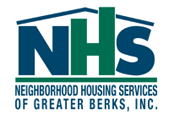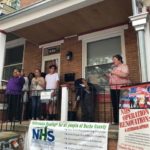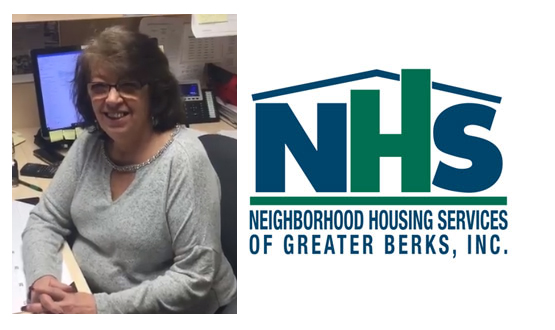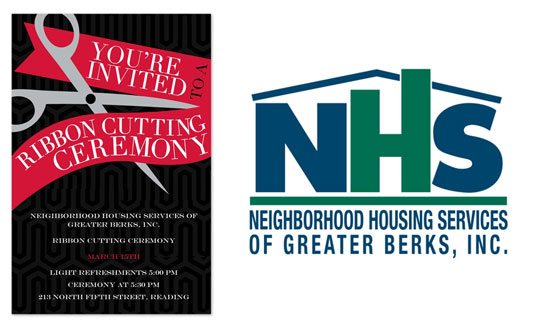Exciting news! Legislation was just signed by the Governor that expands PHARE!
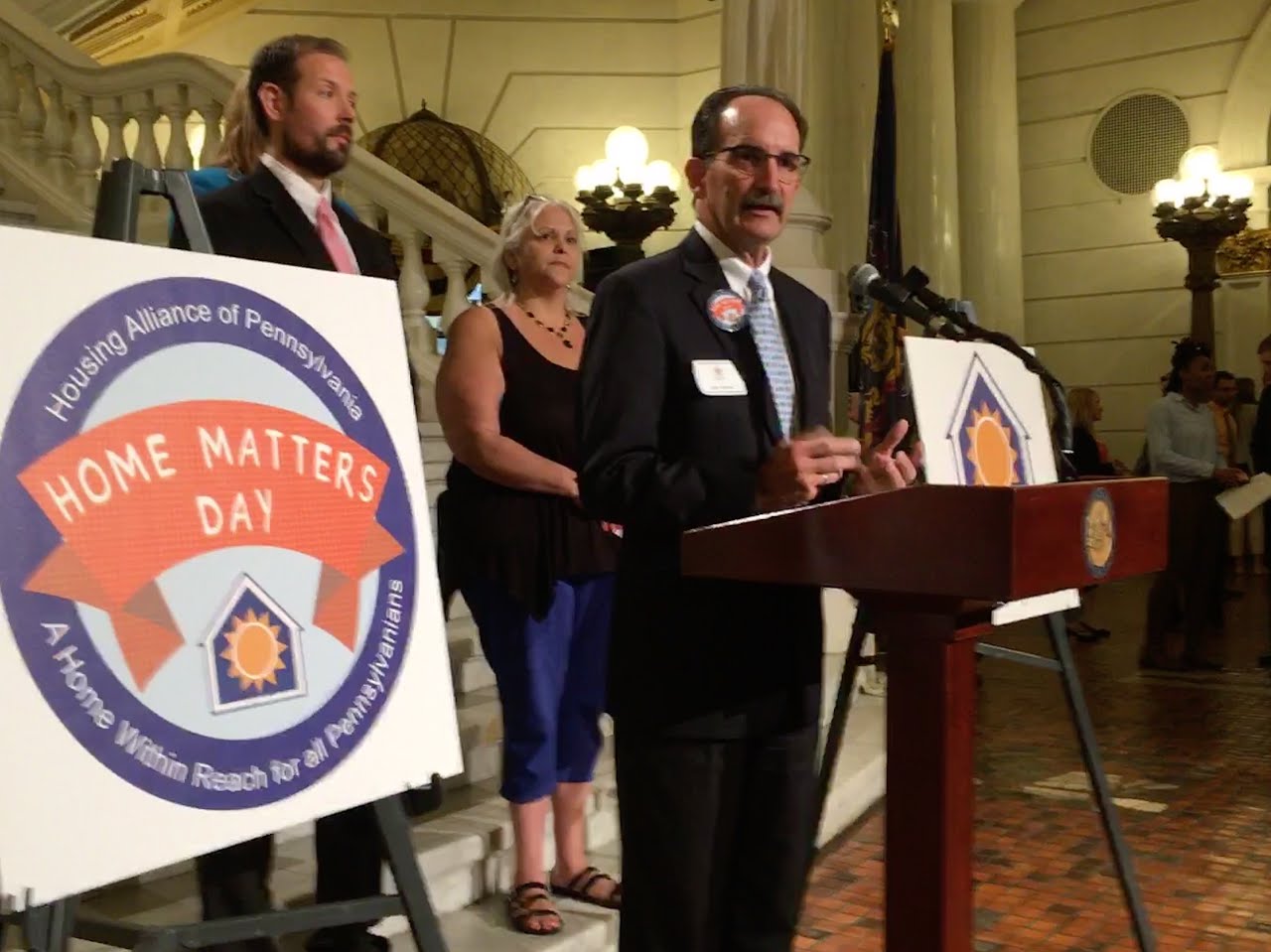
As part of some last minute budget negotiations, Senator Art Haywood (D-4) and Senator Elder Vogel (R – 47) were able to include additional funds for PHARE as part of the spending bill. The bill was passed by the House and Senate and then signed by the Governor today.
The new bill will raise the cap on the RTT funding for PHARE, the state’s housing trust fund, from $25 million to $40 million. The new funding will help to create more affordable housing, provide services that helps keep Pennsylvanians in their homes, helps low-income people become first time homeowners, and provides funding to communities to address blight.
Thank you to all of you who helped us to advocate to move this important legislation forward!
Every day organizations like yours at the local level are making it possible for more of Pennsylvania’s families to access a home of their own through rental housing and homeowner opportunities and for local leaders to demolish and rehabilitate blighted properties. This will be even more possible because of the General Assembly’s action to increase funding for PHARE.
We applaud the leadership of the General Assembly, especially Senators Art Haywood and Elder Vogel. PHARE is good for Pennsylvania’s families and it benefits Pennsylvania’s economy. More affordable housing creates jobs and brings new resources into communities. And less blighted property increases property values and revitalizes our local communities.
FULL PREASE RELEASE BELOW FROM: https://housingalliancepa.org/pennsylvania-expands-phare-funding-to-40-million/
Legislation will add up to $15 million more to fund affordable housing
Harrisburg – Today the Governor signed legislation passed by the General Assembly that will raise the cap on funding for PHARE, the state’s housing trust fund, from $25 million to $40 million. The new funding will help to create more affordable housing, provide services that helps keep Pennsylvanians in their homes, helps low-income people become first time homeowners, and provides funding to communities to address blight.
Phyllis Chamberlain, Executive Director of the Housing Alliance lauded the legislation:
“Every day organizations at the local level are making it possible for more of Pennsylvania’s families to access a home of their own through rental housing and homeowner opportunities and for local leaders to demolish and rehabilitate blighted properties. This will be even more possible because of the General Assembly’s action to increase funding for the state housing trust fund, otherwise known as PHARE.
We applaud the leadership of the General Assembly, especially Senators Art Haywood and Elder Vogel. PHARE is good for Pennsylvania’s families and it benefits Pennsylvania’s economy. More affordable housing creates jobs and brings new resources into communities. And less blighted property increases property values and revitalizes our local communities.”
“PHARE has been a success story for communities in Pennsylvania since day one. I am glad to see this program expand because it provides flexible resources for all of Pennsylvania’s communities to meet their own unique needs,” said Sen. Vogel (R-47, Beaver County). “I am proud to have helped originate the PHARE legislation and proud to expand it today.”
“Additional money for affordable housing is desperately needed, and I am pleased my bipartisan legislation with Senator Elder Vogel, Jr. (R-Beaver/Butler/Lawrence) was included in this year’s budget,” said Senator Haywood (D-4,Montgomery County). “During the 4-stop Poverty Listening Tour, a man from Lock Haven described living in his car with his siblings before he could afford a bad apartment in the city. This affordable housing plan will provide more housing units for residents in Lock Haven and across the Commonwealth.”
Officially called the Pennsylvania Housing Affordability and Rehabilitation Enhancement Fund (PHARE), the state housing trust fund was created in December 2010. PHARE receives funding from three sources, a portion of the Realty Transfer Tax (RTT), a portion of Marcellus Shale Impact Fees, and the National Housing Trust Fund. Marcellus Shale Impact Fee funding can only be used in those communities. The RTT amount can be used statewide and is based on a formula that grows as the real estate market grows. The RTT amount was previously capped at $25 million and this legislation will lift the cap to $40 million. Based on the strength of the real estate market, up to $15 million more could be added to the PHARE funds.
This legislation is important because there is a serious shortage of affordable housing in Pennsylvania. The affordability gap between the cost of a home and what people actually make is present in every community in the state, from the most rural to the most urban. High costs force many Pennsylvania workers to over-burden themselves, paying more than they can truly afford just to give their family a place to live. For every 100 extremely low-income households, there are only 42 affordable units, according to the National Low Income Housing Coalition.
The projects that have received funding demonstrate the diverse ways in which the PHARE-RTT grants can be used to help address a variety of community, social and infrastructure issues related to affordable housing. The following briefs highlight just a few of the innovative ways the grants are helping communities:
- The Delaware County Department of Human Services received a $470,000 PHARE-RTT grant to reduce youth homelessness by providing up to two years of rental assistance and case management services to transition-age youth exiting the care of Children and Youth Services.
- In Fayette County, the $500,000 of funding will be coupled with Low Income Housing Tax Credits for the new construction of Fairchance Senior Housing, a three-story building consisting of 18 one-bedroom and 18 two-bedroom units for persons age 55 and above.
- The United Neighborhood Community Development Corporation received $150,000 in PHARE-RTT funding to transform two blighted, vacant lots in Scranton, Lackawanna County to create new housing opportunities for individuals aged 55 years or older who meet the clinical nursing home criteria.
- The Montgomery County Office of Community and Economic Development will use its $250,000 grant rapidly re-house 48 families or single adults who are exiting from a hospital, incarceration, or a substance use treatment facility into homelessness. The funding will also be used to provide rental assistance to low-to moderate income households at risk of homeless.
The full list of PHARE-funded projects, which includes those funded through the Marcellus Shale Impact Fee and the Realty Transfer Tax, is available here, and a map of 2018 PHARE awards and recommended LIHTC applications is available here.
About The Housing Alliance of Pennsylvania
The Housing Alliance of Pennsylvania is a statewide coalition working to provide leadership and a common voice for policies, practices and resources to ensure that all Pennsylvanians, especially those with low incomes, have access to safe, decent and affordable homes. To learn more, please visit www.HousingAlliancePA.org.
